As accountants, we know keeping up with complex regulations is paramount for your business's success. One crucial area? The National Minimum Wage (NMW). With changes on the horizon, here's a quick refresh to ensure you're compliant: Understanding the Basics The NMW sets the legal minimum hourly pay
Unlocking Opportunities: A Guide to Small Business Grants in the UK
Starting a small business can be a challenging but rewarding venture, and in the UK, entrepreneurs have access to a range of financial support through grants and loans. These resources play a crucial role in nurturing the growth of small enterprises, providing a financial foundation for innovative
Navigating Uncertainty in Business: Embracing the Unknown
In the ever-changing landscape of business, uncertainty reigns supreme. From economic fluctuations to technological advancements, the ability to predict the future with certainty is a coveted yet elusive skill. As Edgar R. Fiedler, an economist, aptly put it, "He who lives by the crystal ball soon
Annual Accounts Preparation Guidelines
Overview Every company is obligated to prepare annual accounts, serving shareholders, HMRC, and Companies House. Small companies may avoid audits if meeting two of the following criteria: annual turnover under £10.2m, total assets under £5.1m, or 50 employees or fewer. Legal Requirements Submit
IR35 and off-payroll working in the UK: What you need to know
IR35 is a set of rules that determine whether a contractor working through their own limited company should be treated as an employee for tax purposes. If the contractor is deemed to be an employee under IR35, the client will be responsible for paying employer's National Insurance contributions
When Does A Company Require An Audit?
Whether or not a UK company requires an audit depends on a number of factors, including its size, type, and whether or not it is listed on a public stock exchange. Companies that are required to have an audit: All public companies listed on a stock exchange Large private companies that meet two
How to Finance Your Business in the UK
Starting and running a business in the UK can be a costly endeavor. There are many expenses involved, from rent and utilities to inventory and marketing. As a result, it's important to have a solid financial plan in place. One of the most important aspects of this plan is how you will finance your
P11D – Expenses and Benefits
As an employee or employer in the United Kingdom, you may have come across the term "P11D" at some point. The P11D form plays a crucial role in the tax system of the UK, and it is essential to have a clear understanding of its purpose, requirements, and implications. In this comprehensive guide, we
Key Accounting Terms
Some common accounting terms include: Asset: A resource that a company owns and expects to benefit from in the future. Liability: A debt or obligation that a company owes to another party. Equity: The net worth of a company, calculated as the difference between its assets and liabilities. Revenue:
Expenses for Small Business: Reduce Tax and Boost Your Bottom Line
By understanding the types of expenses you can claim as deductions, you can effectively lower your taxable income and keep more money in your business's pocket. Office Expenses From office supplies and stationery to rent and utilities, a range of office-related expenses can be claimed. Whether









